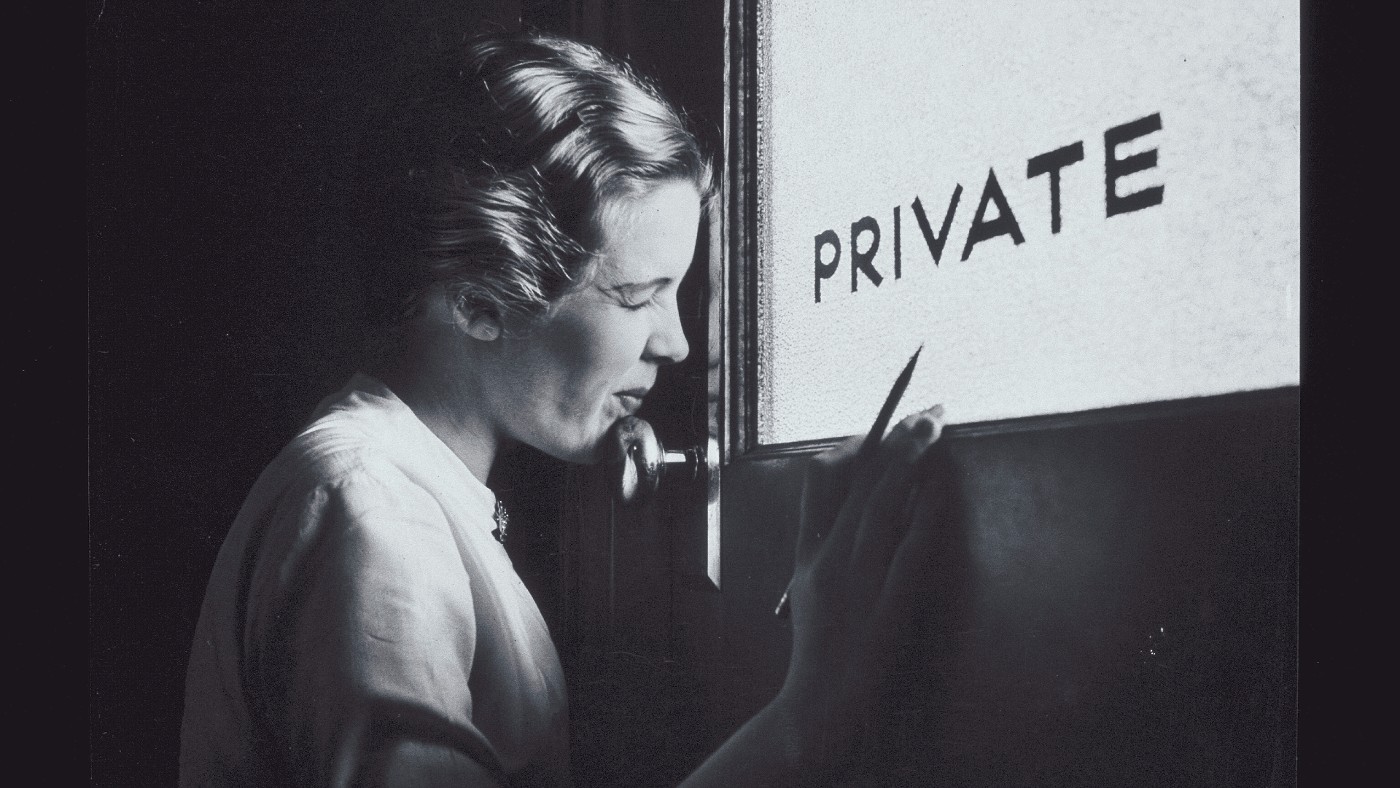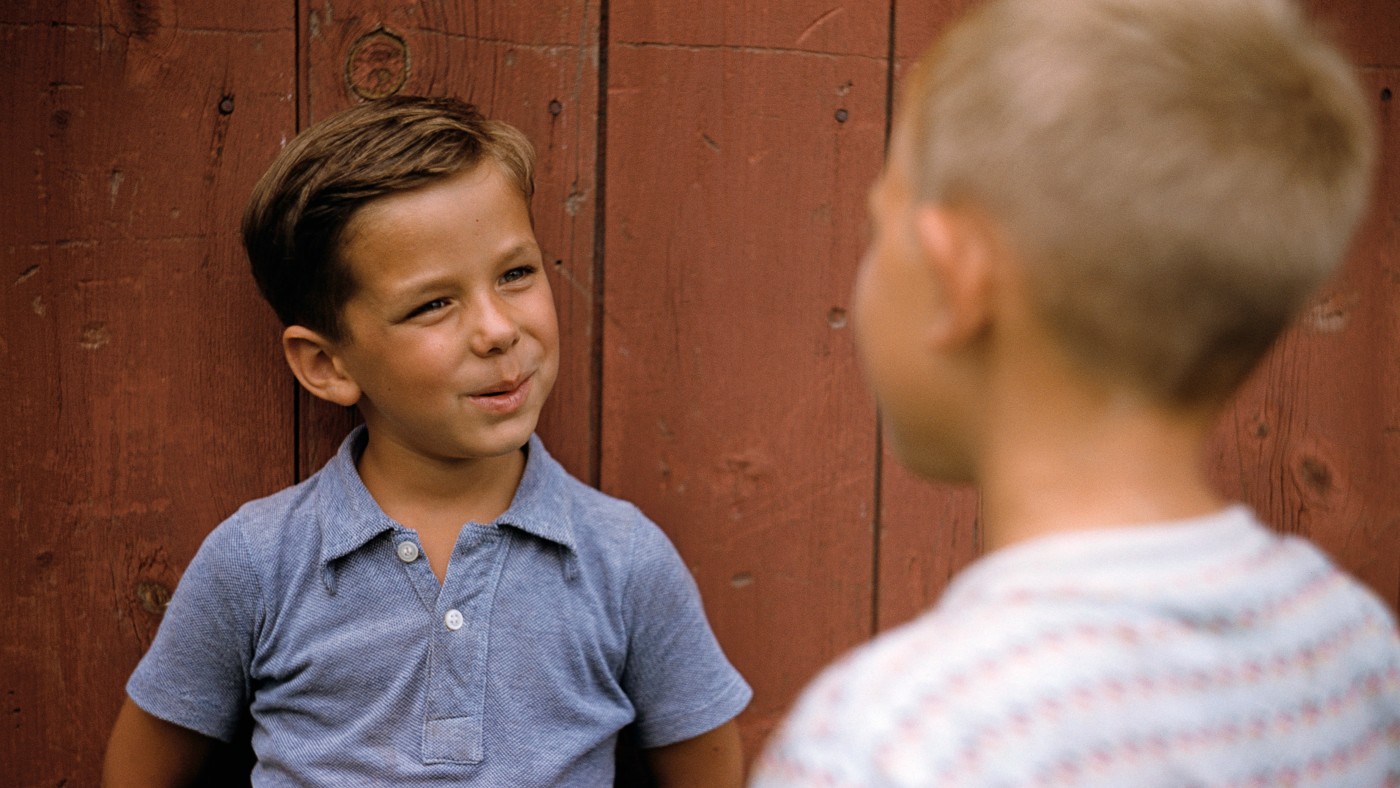Ana Obregón: the surrogacy story that has outraged Spain
Spanish TV star has grandchild using the sperm of her dead son

A free daily email with the biggest news stories of the day – and the best features from TheWeek.com
You are now subscribed
Your newsletter sign-up was successful
It’s the story that has captivated a nation, said Celia Vasco in Público (Madrid). Ana Obregón, one of Spain’s biggest TV stars of the 1990s and 2000s, has been a fixture of the tabloid press for decades. But when Hola! Magazine published photographs of the 68-year-old leaving a Florida hospital with a newborn baby in her arms, the attention reached a new intensity.
The magazine revealed that Obregón had had a child through surrogacy – a practice that is illegal in Spain. The media frenzy was only heightened by the news that the child’s biological father is Obregón’s son, Alessio, who in 2020 died of cancer, aged 27.
Spanish law considers surrogacy “a form of violence against women”, and many were horrified by the prospect of a woman her age “buying” a baby. Obregón, for her part, told Hola! That having a child was her son’s dying wish, and noted that surrogacy is “normalised” in the US. “This girl isn’t my daughter, but my granddaughter,” she added.
The Week
Escape your echo chamber. Get the facts behind the news, plus analysis from multiple perspectives.

Sign up for The Week's Free Newsletters
From our morning news briefing to a weekly Good News Newsletter, get the best of The Week delivered directly to your inbox.
From our morning news briefing to a weekly Good News Newsletter, get the best of The Week delivered directly to your inbox.
What an appalling case, said Nuria Labari in El País (Madrid). The “renting” of wombs is illegal in Spain for very good reasons. It is deeply exploitative of those who bear the children, in this case reportedly a woman of Cuban descent, who presumably did it out of financial need (Obregón will likely have paid between $80,000 and $150,000 to “carry that baby girl in her arms”).
As for the child, she may well be prevented from ever knowing who her birth mother is, making her an “innocent victim of the commodification of human reproduction”. If we think that “the industrial production of babies” is wrong, why do we allow “reproductive tourism”? The registration of such children is allowed in Spain – meaning that surrogacy is effectively not prohibited, just made more expensive.
Spare us the “moral panic”, said Loola Pérez in El Mundo (Madrid). Like it or not, surrogacy exists abroad, and in America it is carefully regulated. The majority of surrogates there, contrary to what many believe, are in “a stable economic position”; and all of them participate “voluntarily and in an informed manner”.
Much of the distaste looks like old-fashioned sexism: an attempt to control when and how women reproduce. Still, this is an extreme and disquieting case, said Jack Guy on CNN. One expert compared it to a melodrama by the Spanish film director Pedro Almodóvar. Another said that it was more reminiscent of the dystopian TV show Black Mirror. “She bought herself a granddaughter with sperm from her dead son,” remarked one commentator; then “she put a camera in her face and sold the exclusive”.
A free daily email with the biggest news stories of the day – and the best features from TheWeek.com
-
 How the FCC’s ‘equal time’ rule works
How the FCC’s ‘equal time’ rule worksIn the Spotlight The law is at the heart of the Colbert-CBS conflict
-
 What is the endgame in the DHS shutdown?
What is the endgame in the DHS shutdown?Today’s Big Question Democrats want to rein in ICE’s immigration crackdown
-
 ‘Poor time management isn’t just an inconvenience’
‘Poor time management isn’t just an inconvenience’Instant Opinion Opinion, comment and editorials of the day
-
 Being nosy 'helps you live longer'
Being nosy 'helps you live longer'Tall Tales And other stories from the stranger side of life
-
 New app tells you when's the best time for a toilet break during a film
New app tells you when's the best time for a toilet break during a filmTall Tales And other stories from the stranger side of life
-
 Screaming Beatles fans embarrassed George Harrison’s mother
Screaming Beatles fans embarrassed George Harrison’s motherfeature And other stories from the stranger side of life
-
 Earring lost at sea returned to fisherman after 23 years
Earring lost at sea returned to fisherman after 23 yearsfeature Good news stories from the past seven days
-
 Bully XL dogs: should they be banned?
Bully XL dogs: should they be banned?Talking Point Goverment under pressure to prohibit breed blamed for series of fatal attacks
-
 Netanyahu’s reforms: an existential threat to Israel?
Netanyahu’s reforms: an existential threat to Israel?feature The nation is divided over controversial move depriving Israel’s supreme court of the right to override government decisions
-
 Farmer plants 1.2m sunflowers as present for his wife
Farmer plants 1.2m sunflowers as present for his wifefeature Good news stories from the past seven days
-
 Most pointless advice revealed
Most pointless advice revealedfeature And other stories from the stranger side of life